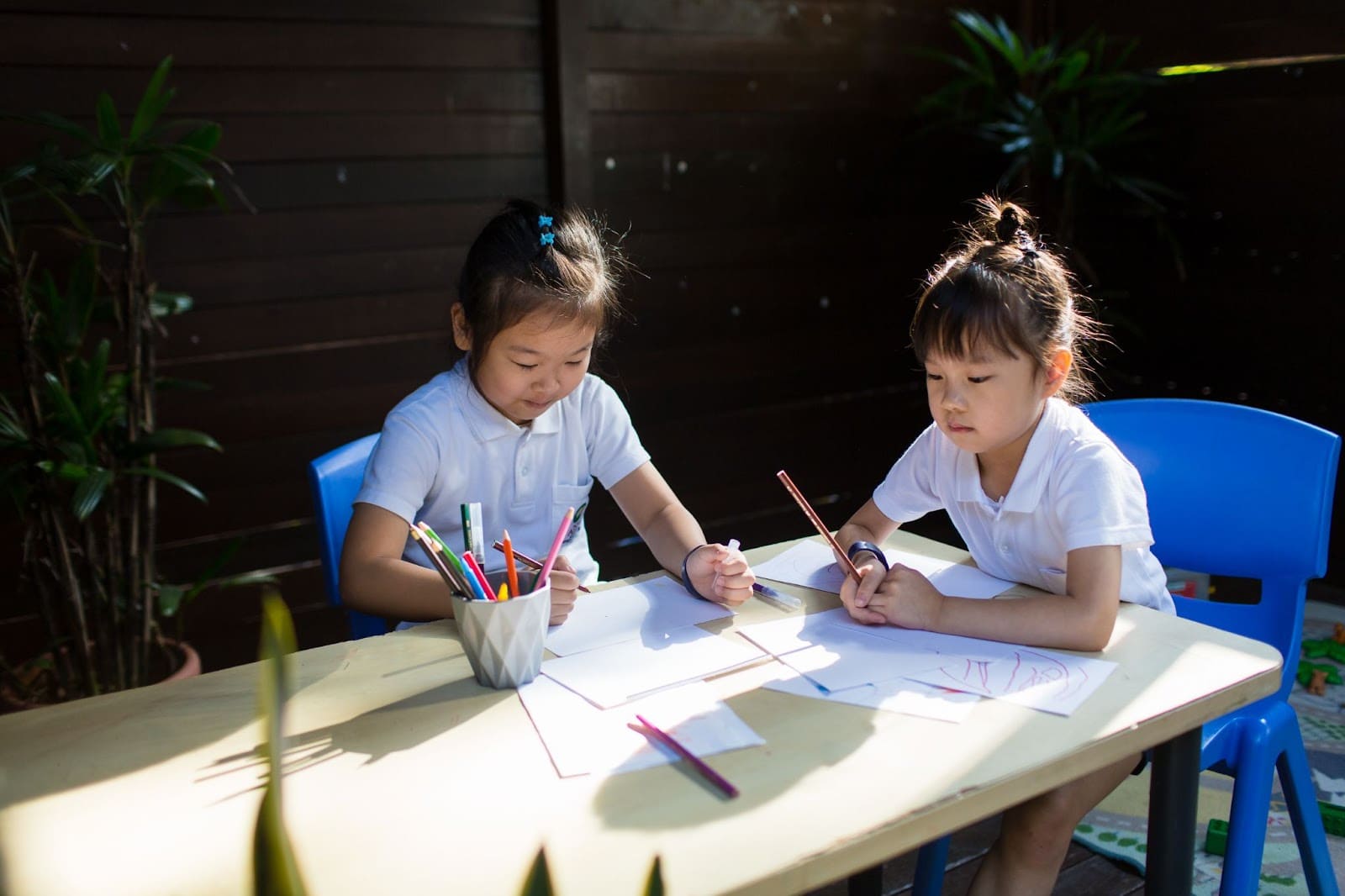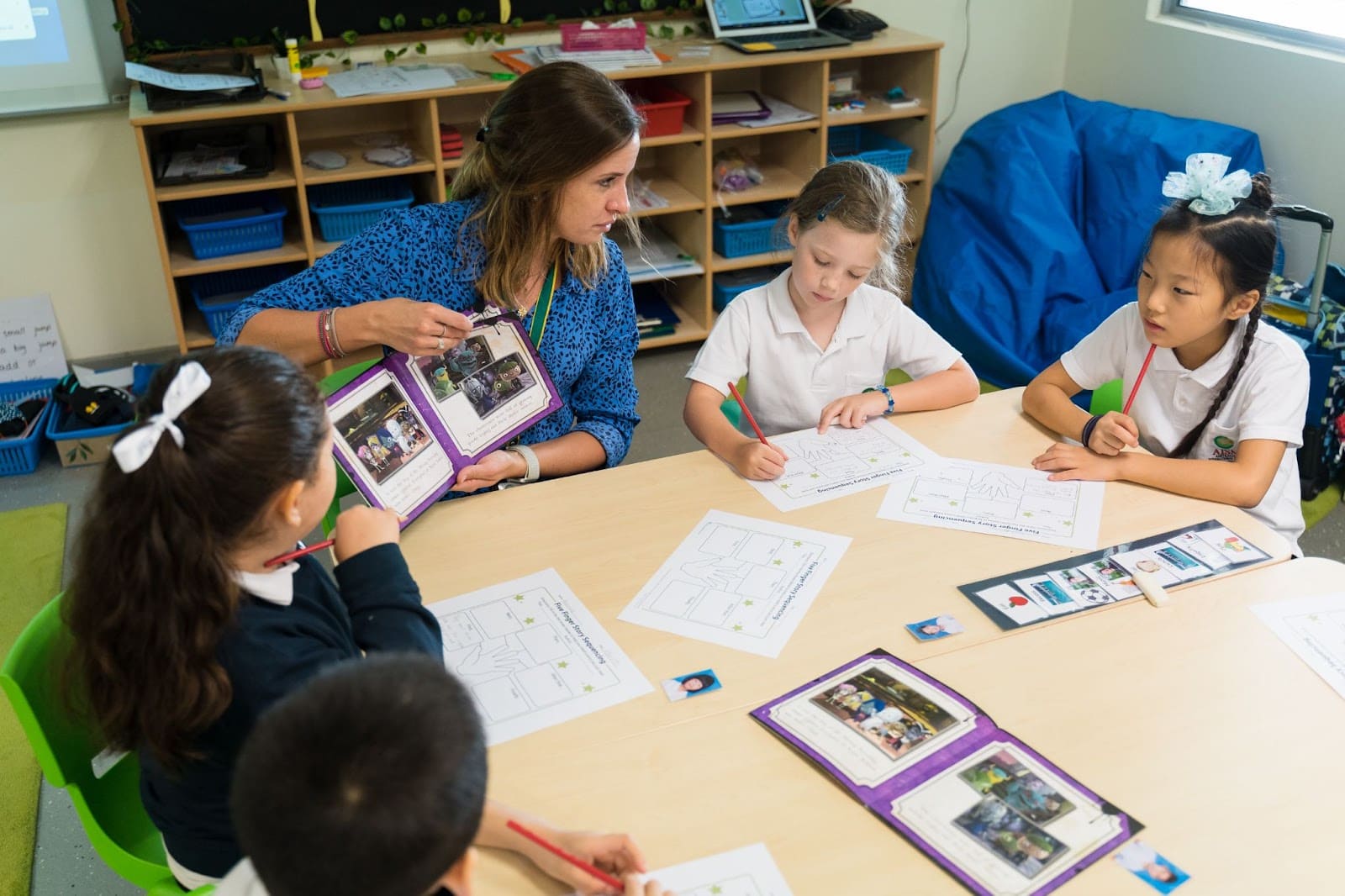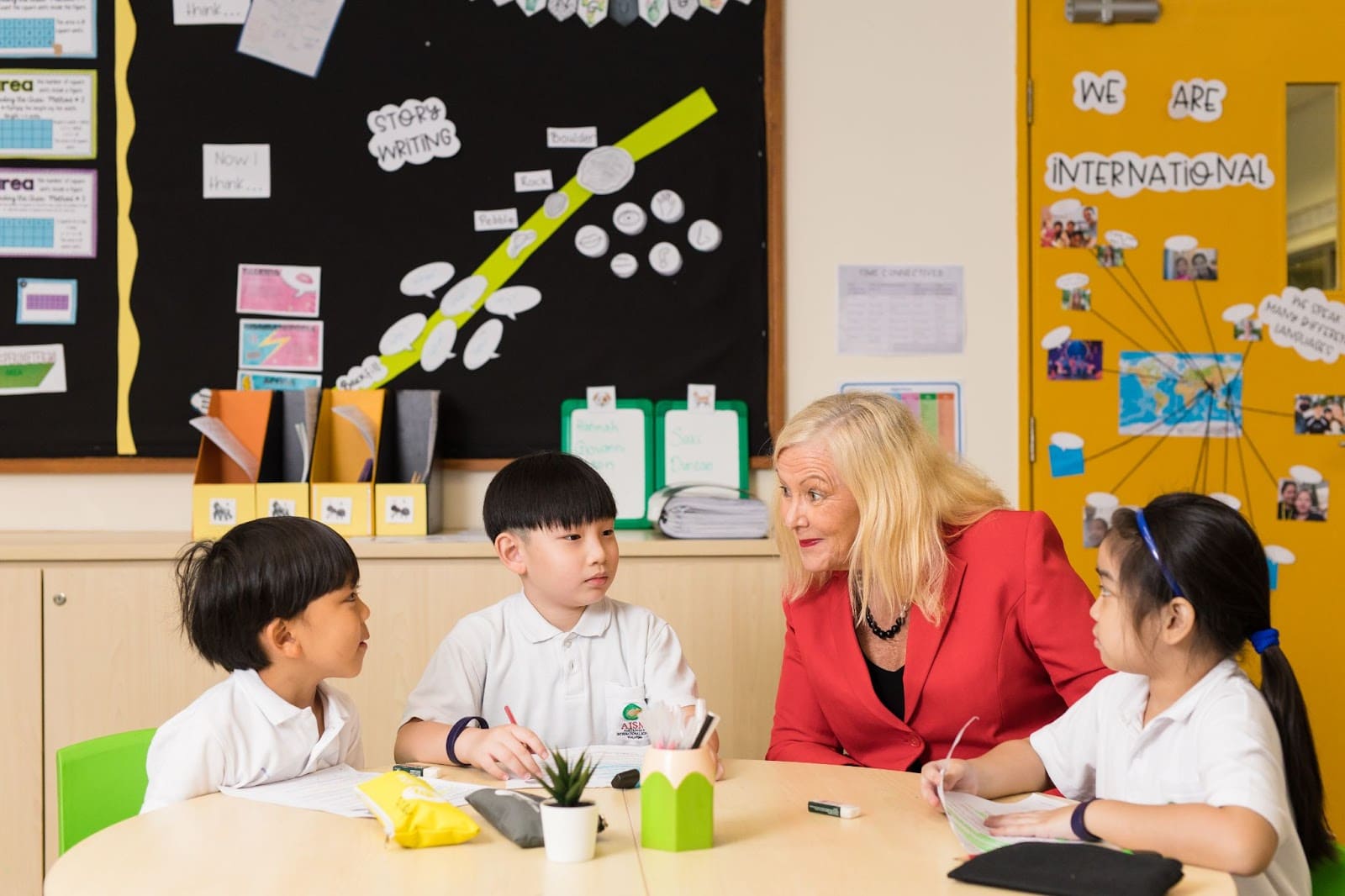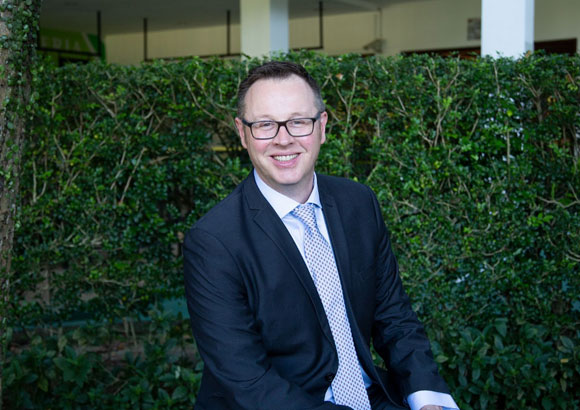AISM’s Simon Brooks on Creating Thinking Culture
 Schooladvisor Team
Schooladvisor TeamAISM's newly-appointed Principal, Simon Brooks, shares the importance of redefining 'rigorousness' and instilling the growth mindset in students.
Simon Brooks has worn many hats in the education industry around the world.
He was an English teacher and later Head of the English Department in a comprehensive school in the UK. In Sydney, Australia, Mr Brooks became the Director of Teaching and Learning at an independent school, leading professional learning for K-12 teachers. While he was there, Mr Brooks developed close links with Project Zero of the Harvard Graduate School of Education, an education research centre founded in 1967 that explores topics in education such as deep thinking, understanding, intelligence, creativity, and ethics. Apart from teaching, he was also an independent consultant for schools all over the world.
Starting January 10, 2022, Mr Brooks became Australian International School Malaysia’s Principal and the Head of Middle and Senior Schools.
A man with an in-depth understanding of education, Mr Brooks advocates the development of a culture of thinking and is interested in developing a ‘Curiosity-based learning’ framework. School Advisor had the pleasure of speaking with Mr Brooks on the new definition of rigorous learning, instilling a growth mindset and his vision of curiosity-based learning.
Redefining rigorous education
For many parents and students, ‘rigour’ is a ‘must-have’ when it comes to choosing the right school. Teaching and learning must be ‘rigorous’. Mr Brooks, however, puts forward a case that the word ‘rigour’ needs to be rescued and a new definition offered. For him, the old definition carries connotations of work rather than learning, coverage rather than depth and knowledge rather than understanding.
Rigorous education is often highly-prized, valued and regarded as the preferred learning method. However, he argues that rigour alone is not enough to become an all-encompassing form of education for children. This is because the conventional definition of rigour is connected to concepts of coverage, compliance and exclusive focus on test scores.

Mr Brooks' aim is to redefine 'rigorousness' that will benefit all children.
Using an example akin to scoring well in examinations called ‘The Game Show of Intelligence,’ the knowledge one acquires and can recall quickly under pressure is only helpful in a specific situation. As examinations now rely on open-ended questions and project-based work that tests students’ understanding of the materials they have learned, the rote method deters students from scoring well and thinking critically and creatively.
“My definition of rigour is more empowering and represents a new story,” Mr Brooks says.
He offers five ideas of an ideally rigorous school, drawing on research from Harvard’s Project Zero:
- focus on learning over work
- understanding over knowledge
- in-depth learning over surface learning
- independence over dependence
- growth over fixed mindset
The growth mindset is based on the findings of Standford University academic Carol Dweck. Students should be given the freedom to believe in themselves, their hard work, and the application of knowledge in real-world situations instead of the fixed mindset embedded in our consciousness.
He explains:
“I want to disrupt the negativity that stems from fixed mindsets and provide students with opportunities to grow and improve. We, as educators, will show and provide them with that opportunity so they can improve and celebrate their achievements.”
The school aims at developing the grit and the right amount of rigour in students and producing ethical, responsible, empathetic and decisive future leaders.
The objective of curiosity-based learning
The idea behind curiosity-based learning is something that Mr Brooks has been developing over the years so that teachers can draw engagement in their classrooms. It is founded on curiosity and an intense desire to close a perceived gap in knowledge and understanding.
Mr Brooks says that it is important to cultivate curiosity when teachers play the role of galvanising the students’ opinions and thoughts which will lead to interesting ramifications in the classrooms.
“When I first began teaching, I think that in part I thought about my role as being ‘the explainer’. As a result, I don’t think my students were as curious as they might have been, because I made it too easy for them. I think that sometimes I explained away the wonder. Now, I like to challenge teachers I work with to think of themselves more as intellectual provocateurs so we can create conditions for curiosity,” he says.

Educators fan the flame for students, encouraging them to be active recipients of their learning journey.
He adds, “Educators fan the flame for curiosity by asking students to make predictions and justify their thinking. By stretching that space of frustration, we cultivate curiosity, thus creating meaningful learning experiences.”
The curiosity-based learning emerges from Mr Brooks’ own experience. “I was teaching and performing the famous soliloquy from Hamlet—’To be or not to be, that is the question’—and talked them through the notes.
“But when I gave my students a practice essay, what I received was tremendously disappointing because they had no details or indication of the rigour and nuances I had communicated. I had a moment of realisation that I did an amazing job at teaching myself the soliloquy instead of the children who were merely the passive recipients of my own thinking.”
True rigour happens when educators pass the responsibility of learning, thinking, and understanding to learners. At the same time, teachers are present as the source of expertise and provide students with something to think about.
Looking to the future
Mr Brooks is delighted that AISM’s Head of Junior School, Ms Michelle Chaplin, and the Deputy Head of Middle and Senior School, Mr James Unsworth, share the same beliefs in creating a thinking culture at school.

AISM strengthening curiosity-based learning culture.
At AISM, there is already a prevailing culture of students taking control of their learning experiences, and Mr Brooks reiterates, “That does not mean teachers are never there to share their expertise and wisdom. The teachers craft projects and learning opportunities for the children to explore ideas. “We have to look at the types of provocations, tools and strategies to encourage creativity and exploration in all age groups. That’s what makes AISM and the Australian education system unique.”
Mr Brooks reveals there are many remarkable things happening at AISM. He already hopes to work closely with the school’s new Head of Performing Arts to continue growing the areas of visual and performing arts during his tenure at AISM. Looking ever forward, he says, “My goal is to fan the flame so students can get an even more effective and powerful learning experience. I am not here to get rid and replace anything but to help make the school even better.”
The Australian International School Malaysia (AISM) offers Australian education taught by highly qualified international teachers, predominantly Australian trained and experienced. The Australian curriculum offers a seamless transition into education pathways and an international qualification recognised by top universities around the world. Growing steadily over the years since its inception in 2000, the school caters for children from age 3 (Pre-school) to age 18 (Pre-University).
To know more about how AISM creates future-ready individuals, through varied activities and unique learning methodology, join their Open Week from 14 to 18 February 2022 and enjoy 100% application fee rebate, 100% admissions fee waiver for Early Learning Centre and 80% admissions fee waiver for Junior, Middle and Senior School. Contact the admissions team to find out more and register.

School Advisor empowers parents to make the right choices with Malaysian schools and more! We provide a comprehensive list of the best international school and private schools that offer preschool, American and British curriculums, International Baccalaureate, A-Levels and more that will satisfy your child's academic and co-curricular growth.
Follow us on Facebook, Instagram and Twitter to keep up with the latest news from us and on education and parenting!

